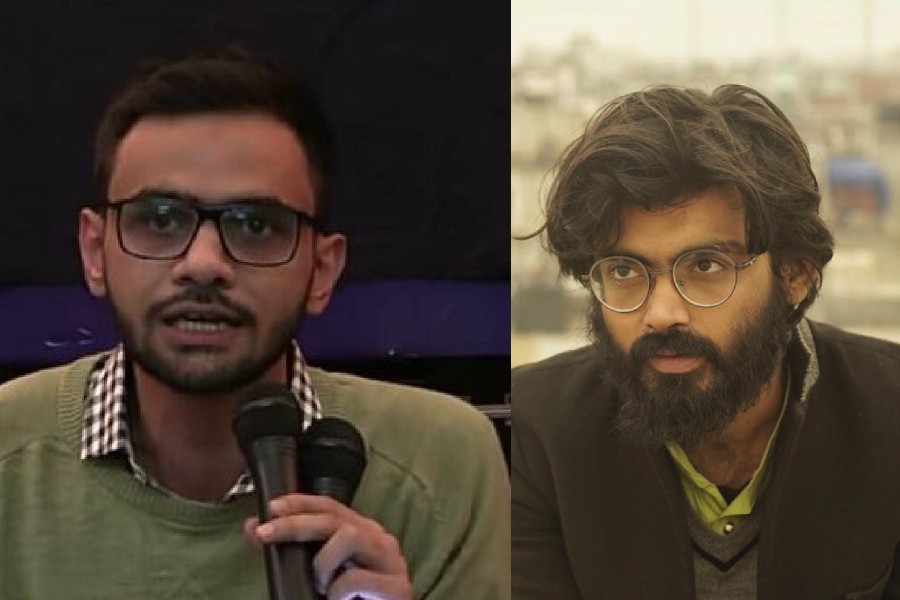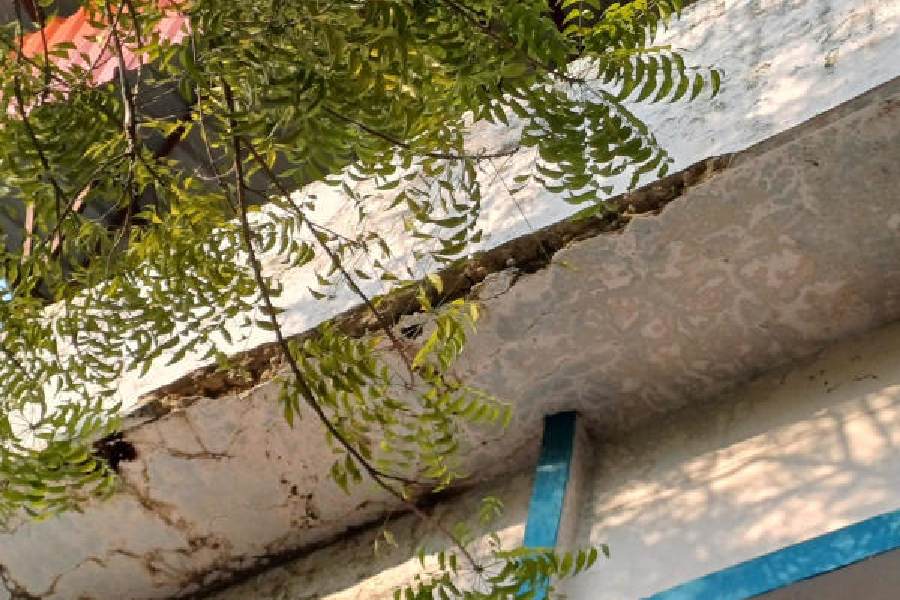
New Delhi: JNU authorities have accused students of violating a Delhi High Court order barring protests near the administrative block after a demonstration on Saturday against attendance rules introduced last month.
In a "Message to the JNU Community," registrar Pramod Kumar on Sunday alleged that the protesters destroyed property and suggested their action amounted to contempt of the August 2017 court order. That directive had come after a 17-day siege of the administrative block triggered by a 90 per cent cut in research seats.
"There are some students who have not only been non-compliant of the attendance rules but also have been preventing fellow students from attending classes by calling for strikes.... It is even more unfortunate that during the demonstrations on 10 February 2018, some students went to the extent of damaging university property...This is a clear violation of the high court's decision prohibiting protests within 100 metres of the administrative building," Kumar said in the message put up on the JNU notice board.
The JNU Students' Union (JNUSU) held a march on Sunday night and has called a strike on Monday. The teachers' association - which has rejected the attendance rules and demanded a dialogue - has called an extraordinary meeting of its executive committee on Monday. The new rules have set a minimum attendance of 75 per cent.
MPhil and Phd scholars have objected to the rule, saying research in their subjects require them to be away from the campus often. Undergraduate students point out that they already have a "class performance" assessment that gauges their attendance.
"As things stand, in a class of 90, some two to three students sign attendance sheets. Everyone turns up for class except when there is a strike. The University Grants Commission had earlier recommended (for other varsities) the JNU model of continuous assessment tests every fortnight rather than bureaucratic recording of attendance," said Sudhir Suthar, secretary of the JNU Teachers' Association (JNUTA).
Memes of Saturday's protests on the steps of the administrative building - reminiscent of the agitation against the arrest of students for sloganeering in 2016 -have become a rage on social media with the hashtag #JNUspring.
Asked about registrar Kumar's "message", student union vice-president Simone Khan said: "We are following the students' mandate, which is to reclaim our spaces and our rights.... Our goal is to create pressure so strong that the administration cannot deny our rights in the academic council meeting on February 23. We will attend classes but not do ji-huzuri (yes, master) or sign these attendance sheets."
If found guilty of contempt, JNUSU leaders who led the gathering on Saturday night - when the building was empty - could face up to six months in prison.
The Sangh-backed ABVP condemned the violation of the court order but vowed to continue protests against the attendance rules, as did the Congress-aligned NSUI, which has blocked the main road for a week.
"After last week's circular warning students of removal, denial of medical facilities and stopping fellowships if they don't sign attendance (sheets), we are seeing outrage like we saw two years back," said former JNUSU general secretary Satarupa Chakraborty.
The SFI leader and philosophy PhD scholar had led the agitation after former JNUSU president Kanhaiya Kumar was arrested in 2016 over sedition charges related to a campus event.











